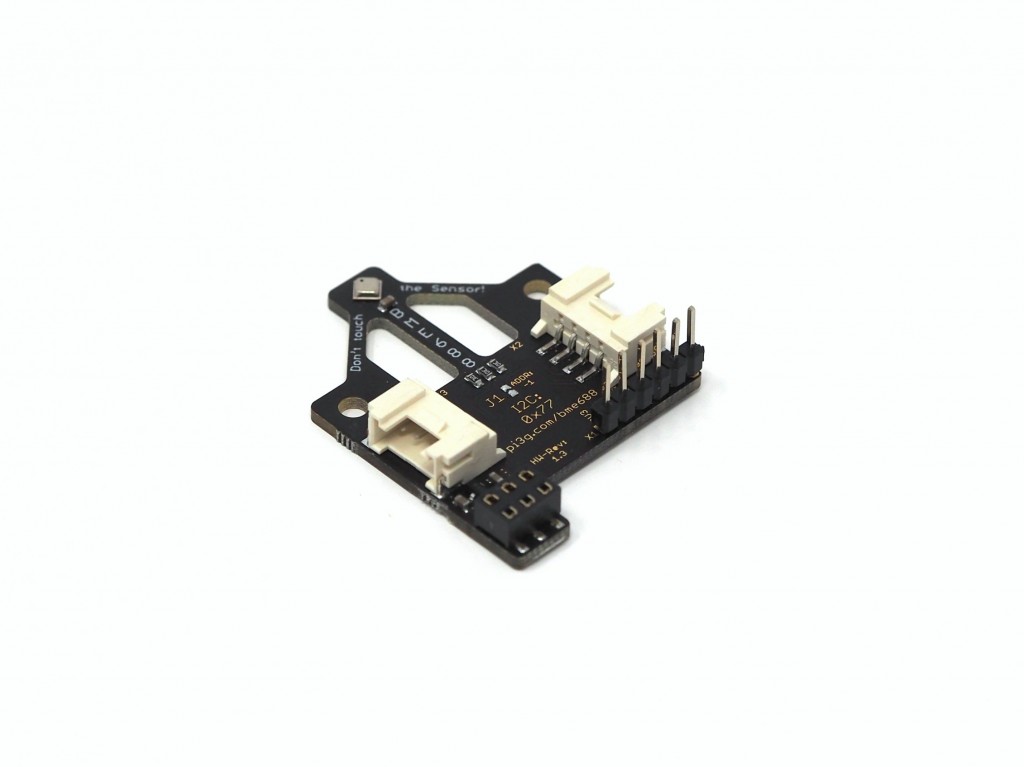Raspberry Pi Embedded Development
Developing medical devices based on the Raspberry Pi (CE certification)
A customer approached me about wanting to develop a medical device based on the Raspberry Pi. They have two stipulations: I have investigated the available resources and suggestions with several partners, and am collecting their feedback on this page, for the reference of anyone who is exploring integrating a Raspberry Pi in their application. Raspberry…
WeiterlesenCommercial comparison Nvidia Jetson Nano / Raspberry Pi + Coral USB / Coral Devboard
A customer approached me about what our recommendation is for developing a product which has integrated AI capabilities, and their respective price points and long-term availabilities, and volume availabilities. This is a commercial comparison of these platforms, in an easy to peruse table, including pricing information. product Coral Devboard 1 GB / 4 GB Coral…
WeiterlesenShould industrial customers worry: Will Pi 5 replace the Pi 4?
I’ve had an inquiry from a worried industrial customer, asking whether the introduction of the Pi 5 will mean that Pi 4 will be obsolete. He is worried that Raspberry Pi will now discontinue the Pi 4. The answer is a clear no. Raspberry Pi are very aware that industrial customers need stability and the…
WeiterlesenIntegrating the BSEC in CircuitPython (A work in progress)
A short post about using a static C library inside CircuitPython and a progress report on wrapping the BSEC library in particular.
Weiterlesenraspi-config nonint do_i2c 1 hangs “forever”
While developing PiCockpit, and trying to allow the user to turn I2C off from the webinterface, I have run into crashes and problems. I am using raspi-config in non-interactive mode (I’ve written about this before) to control I2C from the PiCockpit client. While debugging the issue, I noted that – if something was busy accessing…
WeiterlesenLite version of PCCB
The PCCB is a carrier board for the Raspberry Pi Compute Module 1 – 3 B+. We are able to remove any parts of the full PCCB you do not need, thereby cutting your BOM cost & time to market significantly: For this particular customers only the following features remained: 10 / 100 Mbit/s LAN…
WeiterlesenControlling LEDs on Alpine Linux using the command line
We have developed an embedded Raspberry Pi Compute Module carrier board for industrial use: the PCCB. As you can see, there are three (directly) user programmable LEDs on the PCCB: USER / INFO / ACT. These are defined in the device tree. For example, we can define the following in our device tree overlay: //LEDs…
WeiterlesenHow to bring up the camera and display on a compute module carrier board
We have developed our own Compute Module Carrier Board, called PCCB. It is compatible with Raspberry Pi Compute Modules 1 – 3 Plus, and has a number of very useful features for industrial use (RS232, CAN Bus, RS485, TPM, DC/DC Stepdown). Today, I verified the camera and 7’’ display interface which we provide on the…
WeiterlesenEntscheidung für Raspberry Pi als Embedded Development-Plattform
Als einer der approved Raspberry Pi Reseller, und einem offiziellen Reseller der Pi Zero Serie (wir waren übrigens der erste auf dem europäischen Festland) mit starken technischen Kompetenzen rund um die Raspberry Pi Plattform möchten wir Sie bei Ihrer Entscheidung für oder gegen die Plattform unterstützen, und einige immer wieder kehrende Fragen beantworten. Die Abbildung…
WeiterlesenTermiShell: a web-based shell for the Raspberry Pi (development notes)
Introduction In the course of development of PiCockpit, I am going to add a web-based Terminal called TermiShell. TermiShell icon, by: Stephanie Harvey via unsplash.com TermiShell is going to allow you to log into your Raspberry Pi using PiCockpit.com (and the picockpit-client) – no additional application required on either side. This should be very comfortable,…
Weiterlesen
